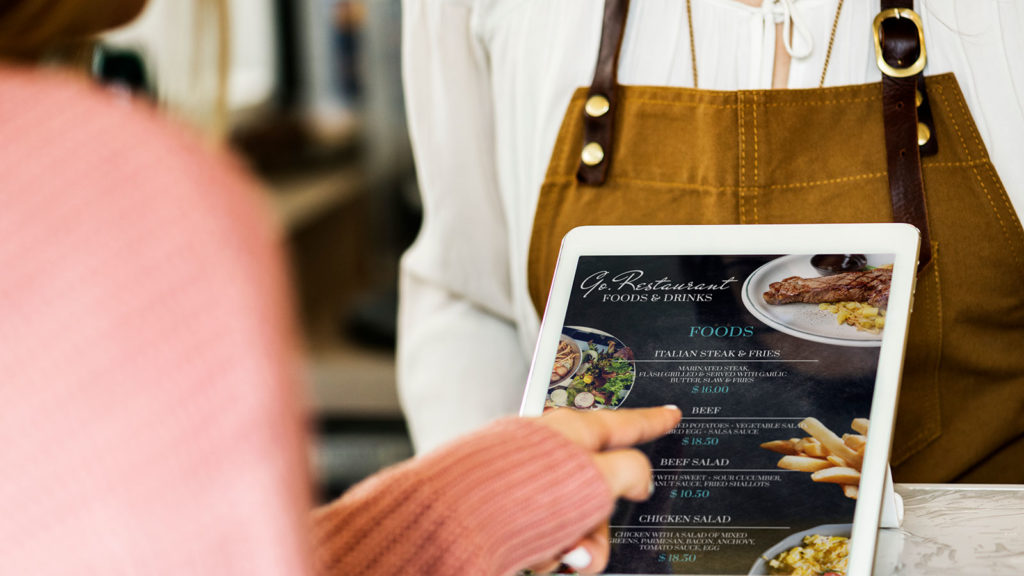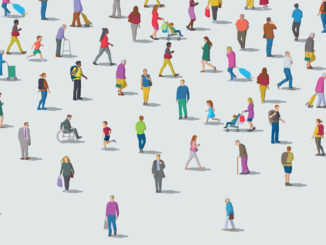Shutting Down and Reopening is Not Enough
The hospitality business must evolve in order to survive. Shutting down now and just re-opening when the crisis is over will not be enough, assuming you even have the resources to sustain this time without revenues.
Let’s take a look at some ideas that businesses are doing proactively to adapt now and some of the ideas that will evolve in the future.
- Some restaurants are reducing their menu items, limiting their operating hours to peak times and only offering pick-up and to-go. Casinos can use this strategy when they re-open.
- Consider creating marketing packages around pre-ordering specialty meals that are bundled with wine (in certain states where approved). These meals can either arrive fully cooked at a pre-selected time, or par-cooked and allows the customers to finish the preparation at home to ensure quality and temperatures.
- Some marketers are including offer coupons for repeat business and incentive to visit once reopened.
- Returning patrons will be concerned about staying healthy once this is over and they begin to return to your restaurants. Over-communicate what you are doing to ensure health and cleanliness in your operation. In the beginning, there probably won’t be “too many” hand sanitizer stations from their perspective.
- A few years ago when MERS and SARS was big on cruise ships, Disney implemented mandatory handwashing by all guests prior to entering the dining room to over emphasize the importance clean hands are to preventing illness. There are little to no reports of illness from Disney Cruises due to this practice.
- The sneeze guard was the invention that was to eliminate illness from buffets and order counters. The future will look differently for these food options. Single served portions or the complete elimination of self-serve portions will be the only options as your guests will not trust that the previous guest didn’t leave something on the utensil or breathe on the food.
- Many restaurants previously moved away from taking your left-over food away from the table to box up and just give you the containers to package yourself. This practice is foreign to most of the world as you don’t typically take your leftovers with you at the end of the meal! The United States might move towards that practice as well, to ensure that there isn’t any possibility that you could get sick by poor storage and transportation of food by guests, thus eliminating liability back to the restaurant.
- The taking of payment away from the table will also be something that people will not want. Not only does it reduce credit card theft or fraud, but your guests will not want you to touch their card. Payments will be taken tableside by remote credit card processors and the taking and receiving of cash will be limited or go away.
- Menus may be digitized and available on your smartphone instead of holding the contaminated plastic version. When you dine, you join the restaurant’s local intranet and able to access the food and wine list, cocktail list and dessert menu all from your smartphone. Menu descriptions and all your questions will be available for each item and interaction from your server will be limited. Everything from your initial reservation, order, payment and Yelp review can all be done from your smartphone.
- All condiments, spices and sauces will either be individual or portioned just for you from the kitchen. No more sharing of ketchup, salt & pepper.
- Hotels have and will continue to evolve and adapt to this new normal. Reservations on-line is normal, however in future, all information will be done on-line and even allow you to have the entire stay on your smartphone. Hotels like Mandalay Bay and MGM Grand in Las Vegas already take your reservation information, including flight ETA to program an on-line check-in for your hotel stay. Unfortunately, you still need to interact with a kiosk or live person to complete the process, however the future of this will not require any additional interaction. Your smartphone will join the hotel’s intranet, access the elevator to your floor, control your door lock and program any preferences in your room for the entire stay. Upon departure, check out and receive your entire bill on-line as you are accustomed.
- Remote controls and toilet seats are currently being manufactured with anti-bacterial plastics to repel most that will cause illnesses. Hotels may want to consider partnering with Google, Apple, Amazon Alexa or Xfinity type providers for handsfree voice activated controls of in-room comfort and entertainment systems.
- Proximity chips or wearable bands are currently being used in many foreign hotels such as Hyatt Baha Mar in Nassau where your access to your room and all charges can be used without needing to carry your wallet or room key. The future might include some version that you wear or simply using your smartphone for all movement throughout the property.
- Spas will have to overcome the concern for close contact moving forward. Nail estheticians currently already wear gloves and masks due to the caustic chemicals and smells, but compact rooms with tight seating will not be trusted without the proper precautions. Tablework for massage and facials may need to be done with gloves on or a barrier between the therapist and guest.
- Pools and locker rooms will require the same scrutiny on cleanliness and sanitation. Chlorine is an adequate disinfectant, but perception will still need to be overcome. Single use slippers and robes will be a must and done in a packaging that ensures the perception of cleanliness.
- How will airlines adapt? We already know that prolonged time in a “tube” for hours with other sick people is concerning. With flights that are turned quickly and limited cleaning, flyers are going to demand that airlines do a better job sanitizing after the previous flight. Most have announced that they will stop providing any food or beverage for flights under four hours, relying on customers to bring in more packaging and potential outside bacteria on the planes.
- Taxis, Uber and Lyft will also need to ensure that after each ride their cars are disinfected between riders. At least with rideshares you don’t need to handle payment between the driver and rider, however pooled rides may need to go away.
- Hotel shuttlebuses will need to adopt a more stringent cleaning and adjusting maximum loads of guests for spacing.
Malcolm Gladwell’s, The Tipping Point explores the science behind viral trends in business, marketing and human behavior. I believe that we are about to see one of the biggest tipping points in hospitality. Only companies who embrace this change and are ahead of the curve will truly thrive. It is important not to panic, but to proactively change the way we think about providing hospitality. Most of us will get through this. Some of us won’t. But a select few will not only thrive but redefine hospitality after Covid-19.





